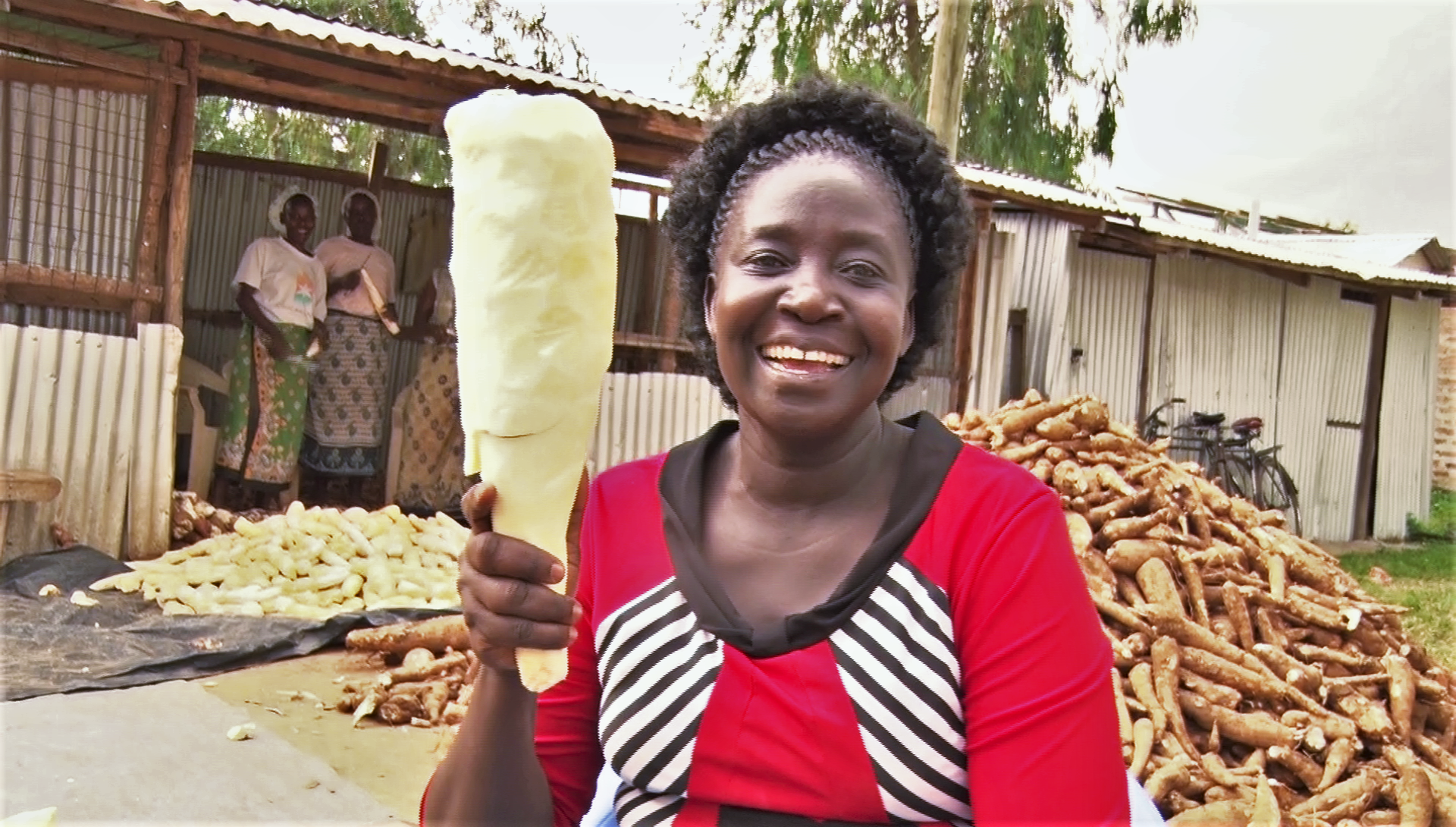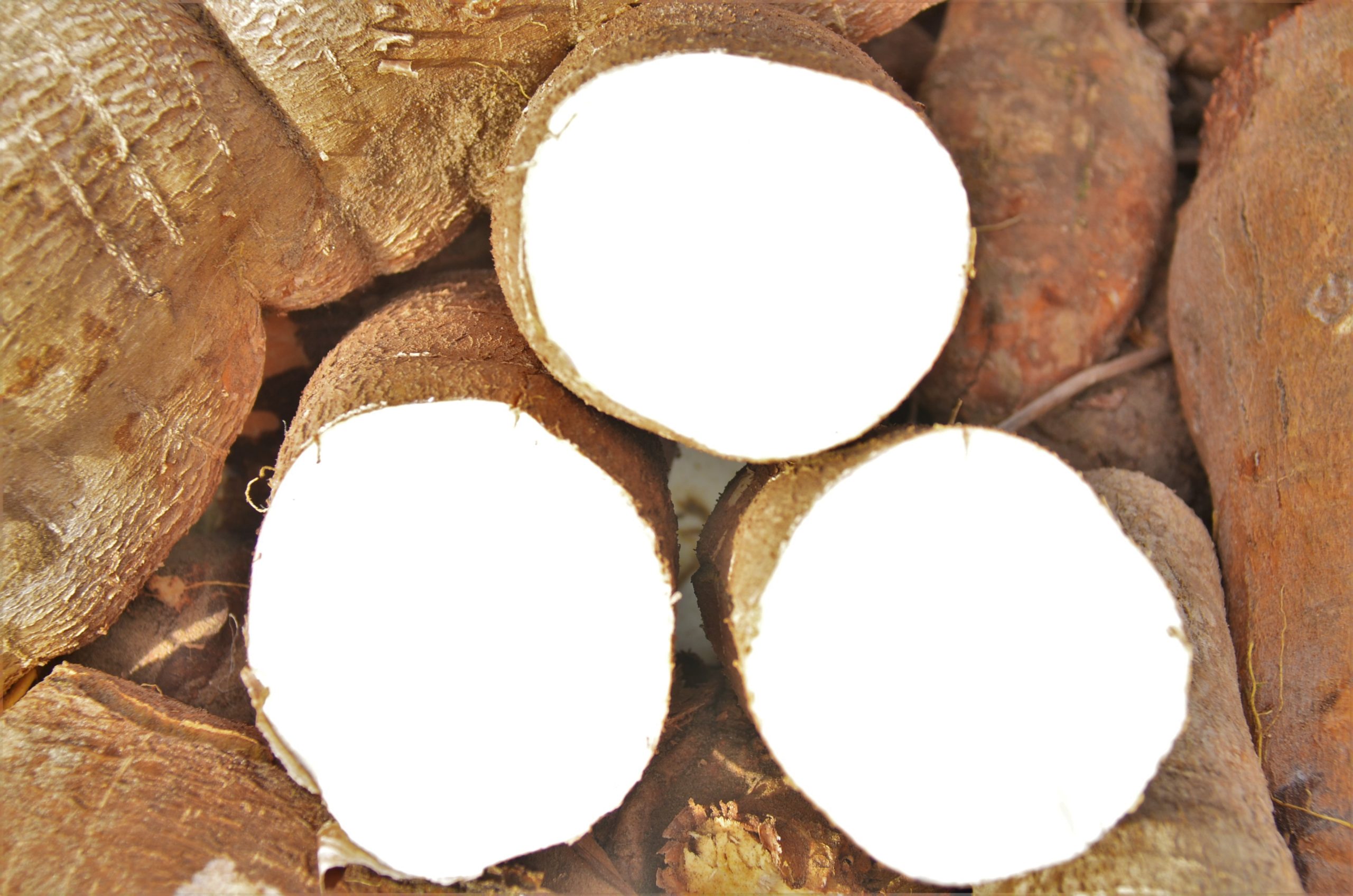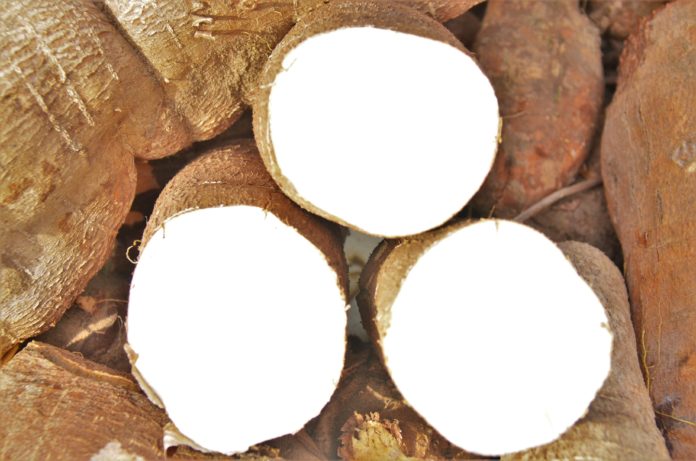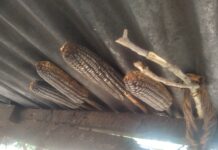By Wahinya Henry
Nairobi, Kenya: There is excitement in the air after a regulatory body agreed a genetically modified (GM) cassava variety that is resistant to a deadly disease poses no danger to humans.
Cassava farmers instantly became upbeat the new variety will bring to an end the economic loss they have had to live with because of the destructive cassava brown streak disease (CBSD).
Kenya National Biosafety Authority (NBA) approved the environmental release of genetically modified (GM) cassava event 4046, resistant to the disease paving way for the variety to be commercialized.

Busia County cassava farmers’ representative, Catharine Otaga says she has been under pressure to deliver crops that are resistant to disease.
“They have demanded seeds resistant to disease and are high yielding. The new variety will make them food secure and earn more income and youth will have jobs,” says Otaga.
Pwani Ufanisi Cassava Farmers Co-operative leader, Masela Bahati regrets potential of the crop is yet to be fully exploited in the counties of Kwale, Kilifi, Taita Taveta, Tana River, and Lamu.
National Biosafety Authority (NBA) chief executive officer, Prof. Dorington Ogoyi says commercialization of the cassava line 4046 variety that is resistant to Cassava Brown Streak Disease (CBSD) is expected in two years’ time.
It was developed using modern biotechnology to express high levels of resistance to CBSD, a disease spread by whiteflies and by infected cuttings.
The research carried out since 2016 has been spearheaded by Kenya’s principal cassava researcher, Prof. Douglas Miano of the University of Nairobi alongside Kenya Agricultural and Livestock Research Organization (KALRO) biotechnology center director, Dr. Catharine Taracha.

Field trials have been taking place under the Virus Resistant Cassava for Africa (VIRCA-Plus) Project in various locations across the country.
Experts predict commercialization of the variety will place Kenya on the global map as a leader in the science of biotechnology – it will be the first country to have the first cassava variety in the world to be developed.
“Kenya will become a leader in the technology. It will be the first nation to have variety in the market. It will take a leadership space globally,” says researcher, Dr. Margret Karembu.
Dr. Karembu who is Director of International Service for the Acquisition of Agri-biotech Applications (ISAAA) AfriCenter and founder chair of the Africa Women for Biosciences (AWfB) – Kenya Chapter notes:
“The variety is proof the country has come of age in research coming after this year the government gave approval for commercialization of Bt cotton and made Kenya the first country in East Africa to do so.”
NBA Board during the 41st Full Board Meeting held on 15th June 2021, approved the application for environmental release of the GM cassava.
The approval was based on food/feed safety and environmental safety assessment said NBA’s Chief Executive Officer, Prof. Dorington Ogoyi.
“Event 4046 are unlikely to pose any risk to human and animal health or to the environment when consumed as food or feed or when cultivated in the open environment,” Prof Ogoyi assured the public of the GM variety the science of biotechnology often stirs heated public debate.
“The variety was thus shown to be as safe as the conventional varieties that have been cultivated by farmers over the years. This approval implies that Kenya is the first country globally to consider a request for environmental release involving cassava crops.”
After several years of laboratory, greenhouse, and confined field trials conducted locally in Mtwapa, Alupe, Kandara, and Nairobi by Kenyan scientists, the application for environmental release and placing on the market of genetically modified (GM) cassava was submitted to the NBA by KALRO on 9th March 2020.
The GM Cassava has been developed using RNA interference (RNAi) technology. RNAi is a natural biological mechanism that regulates the expression of genes.
The improved cassava is resistant to Cassava Brown Streak Disease (CBSD) because of the modern biotechnology used to express the high levels of resistance.
CBSD is a common viral disease present in Kenya and is spread by whiteflies and by infected cuttings. Cassava farmers will be protected from devastating losses caused by CBSD. Together with consumers, farmers will benefit from increased cassava root quality and marketable yield.
This technology has been used globally in other already commercialized crops like papaya, squash, and plums consumed by humans in China and the USA without any known human or animal health implications said Prof Ogoyi.
Earlier last year, an announcement to invite the public to submit written comments or memoranda within 30 days was made. The cassava application summary was placed on the Kenya Gazette, and NBA website on 15th May 2020and comments was received until 14th June 2020.
A public forum on the application was also held on 10th June 2020. Issues raised during the public participation were adequately addressed.
The GM cassava application was reviewed by experts on food safety, environmental safety assessment, and the relevant regulatory agencies and was shown to be as safe as the conventional cassava variety.
According to him for socio-economic impact assessment, analysis and expert opinions indicate that GM cassava is not expected to change the farming systems currently in Kenya.
The effective management of CBSD disease will be of economic and social benefit to the Kenyan population. The anticipated increase in cassava yields as a result of the intervention will significantly contribute towards addressing Food Security and Nutrition, and Manufacturing.
The two are part of the governments’ ‘Big 4 Agenda’, which were launched to end hunger, achieve food security, improve nutrition, and promote sustainable agriculture.
This approval is for the purpose of conducting National Performance Trials (NPTs), which is the penultimate stage for full environmental release and placement into the market.














